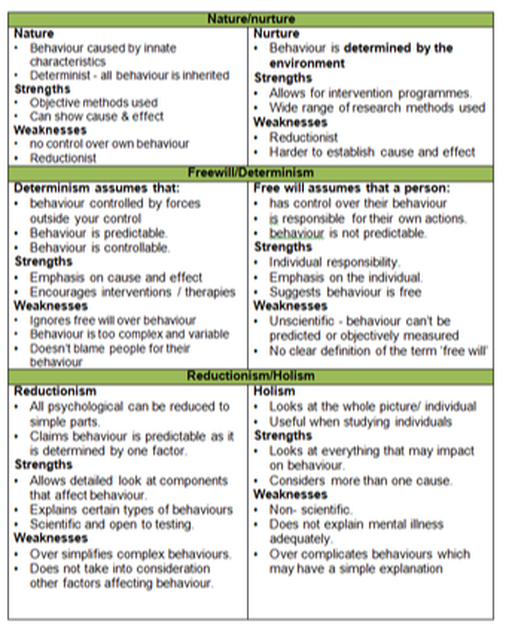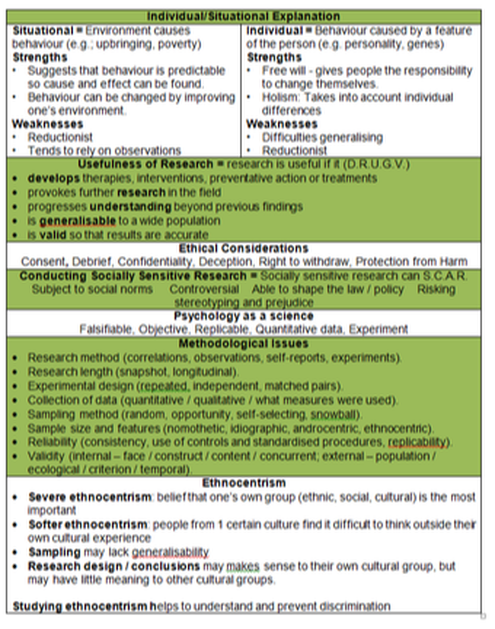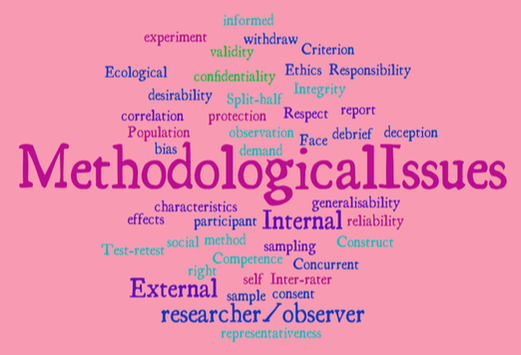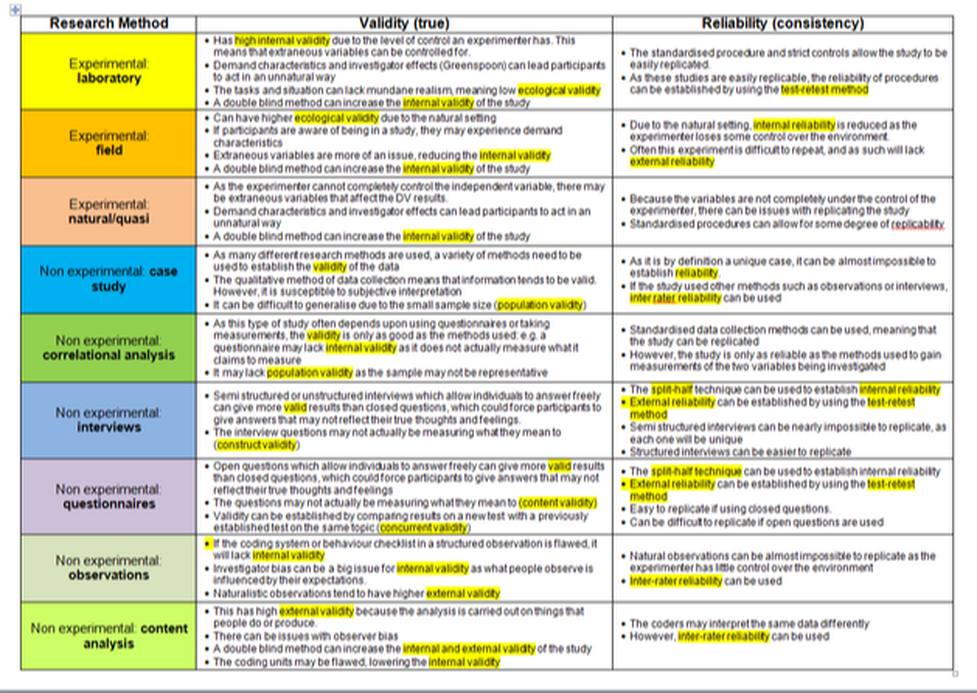There are 2 sections and 3 parts to this exam. All 3 parts have the SAME amount of marks (35).
Section A: Issues of Mental Health
Section B: Options
Section A: Issues of Mental Health
- There are short and longer questions based on the research, background and applications.
- Detail, precision and concision is really important in this section.
Section B: Options
- There are 3 questions on each of the 4 possible options (child, crime, environment, sport). These come alphabetically in the exam.
- You have to complete all 3 questions on each of the 2 options.
- All 3 questions on the option come from the SAME topic area (e.g. forensic evidence). So … if
•The material answers more than one question and
•you think you cannot write something, because you already wrote it in the previous question(s)
– still write it.
- A style questions = 10 marks on the topic area / key study
- B style questions = 15 marks relating an issue or debate to the topic area
- C style questions = 10 mark application to specific scenario.

Key Study Summaries
can be found at this link
can be found at this link

Methodological Issues and Debates in Paper 3
There are a greater number of methodological issues and debates to be applied in paper 3.
Nature/nurture
Freewill/determinism
Reductionism/holism
Individual/situational explanations
Usefulness of research
Ethical considerations
Conducting socially
sensitive research
Psychology as a science
Ethnocentrism
Validity
Reliability
Sampling bias
There are a greater number of methodological issues and debates to be applied in paper 3.
Nature/nurture
Freewill/determinism
Reductionism/holism
Individual/situational explanations
Usefulness of research
Ethical considerations
Conducting socially
sensitive research
Psychology as a science
Ethnocentrism
Validity
Reliability
Sampling bias
Methodological Issues
These are issues with HOW the research is done on the topic area in general NOT just the Key Study.
These are issues with HOW the research is done on the topic area in general NOT just the Key Study.
|
General Research Methods for Paper 3 Options: Child
|
General Research Methods for Paper 3 Options: Crime
|
| child_and_crime_revision_methodological_issues.docx | |
| File Size: | 372 kb |
| File Type: | docx |




